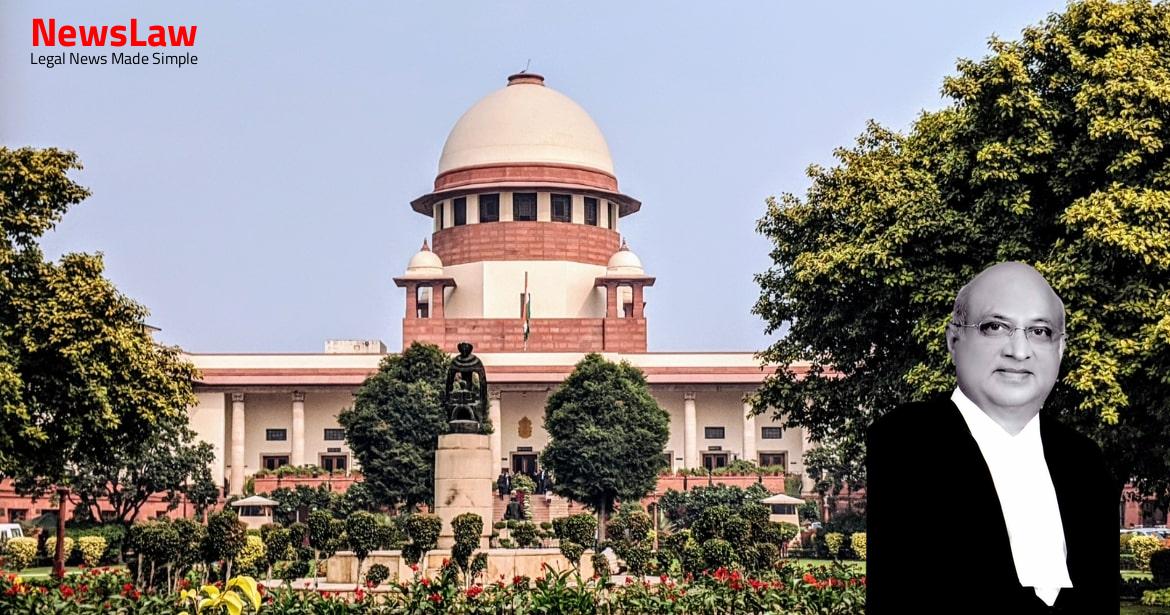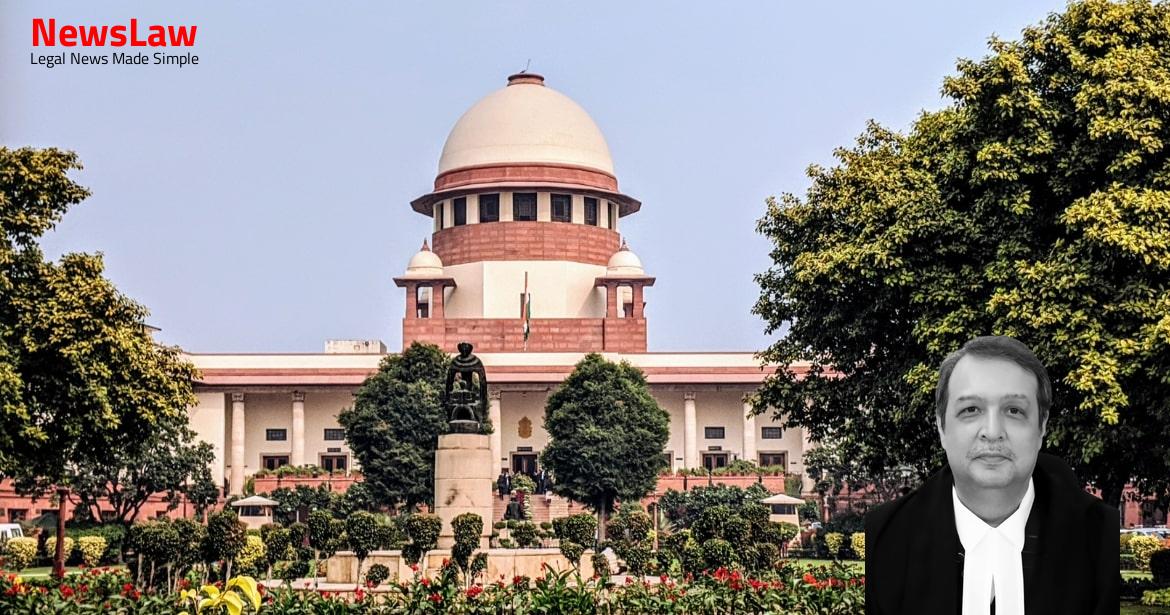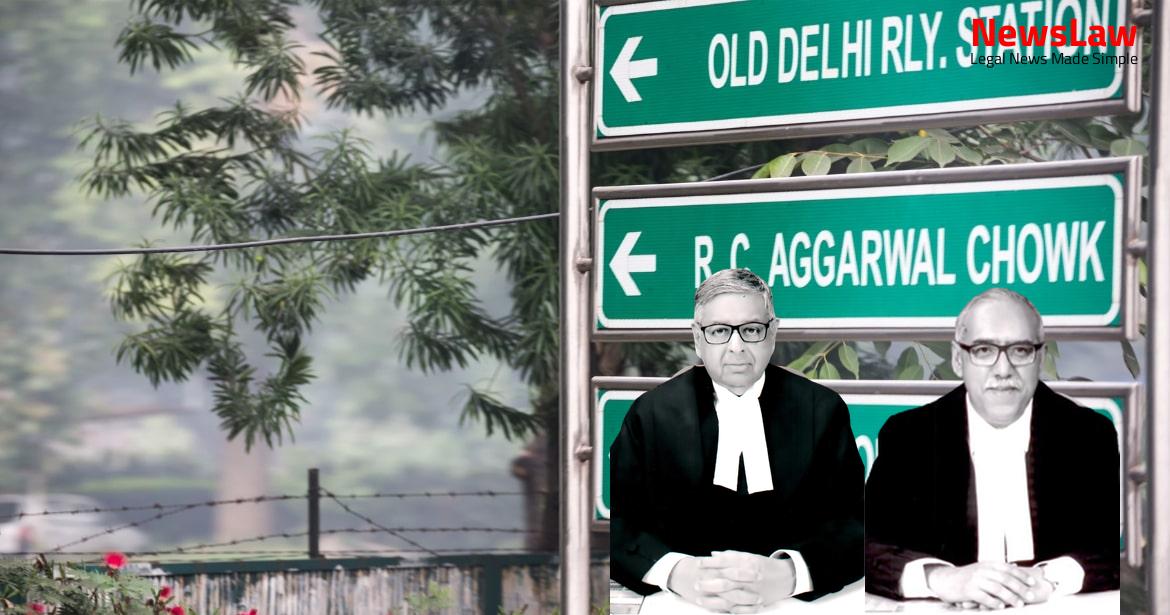In a significant ruling by the Supreme Court of India, a Quash Petition filed by accused nos. 5 to 7 has been dismissed. The case, which originated from a complaint filed in 2009, involved various sections of the IPC and Dowry Prohibition Act. Accused no. 6 in the case, who was residing at a different address during the alleged demand of dowry, filed a criminal appeal against the High Court’s order. Let’s delve into the details of this case and the Court’s decision.
Facts
- Leave granted to hear the appeal.
- The High Court received a Quash Petition from accused nos. 5 to 7.
- Accused nos. 5 to 7 claimed they were not part of the complainant’s family and resided at a different address.
- Accused nos. 1 to 4 were residing at a separate address.
- Appellant faced charges under various sections of the IPC and Dowry Prohibition Act.
- Appellant’s counsel and State’s counsel were heard.
- No appearance from the complainant.
- Order dismissed the Quash Petition for the appellant and allowed for accused no. 7, while noting the death of accused no. 5.
- Complaint was filed in 2009 leading to the registration of a case against all seven accused.
- The accused no.6 in C.C. No.196 of 2009 filed a criminal appeal against the order dated 04.07.2018 passed by the High Court of Judicature at Madras.
- The High Court had passed the order in Crl.O.P.No.16967 of 2010 which was filed by accused nos. 5 to 7 under Section 482 of Cr.P.C.
- The Crl.O.P. was filed to quash the proceedings issued against accused nos. 5 to 7.
Also Read: Hyatt Hotel vs. The State of India: Corporate Liability and Vicarious Responsibility
Analysis
- Appellant A-6 was residing at a different address during the alleged demand of dowry.
- A-5 passed away during the proceedings, leading to the cause not surviving.
- High Court quashed proceedings against A-7 due to lack of specific allegations.
- A-6’s petition was dismissed with some averments against him but no specific allegations.
- A-6 stands on the same footing as A-7 with quashed proceedings against.
- No specific allegations or overt acts against A-6 in the complaint filed by the respondent.
- A-6 not residing with the complainant’s family and absence of specific allegations led to the view of abuse of process if proceedings continued against him.
- Main allegations are against the husband and immediate family members, not including A-6.
- Bald allegation made against A-6 of abusing the complainant along with his mother and wife.
- A-7 had no specific overt acts against her, resided at a different address, and was not part of the joint family where alleged demands were made.
- The appeal is allowed and the impugned order dismissing the petition in Crl.O.P.No.16967 of 2010 on the file of High Court of Judicature at Madras is set aside.
- The proceedings against the appellant in C.C. No.196 of 2009 on the file of Judicial Magistrate No.1, Coimbatore, are quashed.
- No opinion has been expressed on the allegations made against A-1 to A-4.
Also Read: State of West Bengal vs. Respondents: Abetment of Suicide Case
Decision
- The trial court has the authority to record its own findings post-trial.
- This allows for the trial court to present its own determinations and conclusions.
- It is within the trial court’s discretion to analyze the evidence and make independent judgments.
Also Read: Judgment in Crl. Revision Petition No. 02/2011
Case Title: SEENIVASAN Vs. THE STATE BY INSPECTOR OF POLICE
Case Number: Crl.A. No.-001268-001268 / 2019



